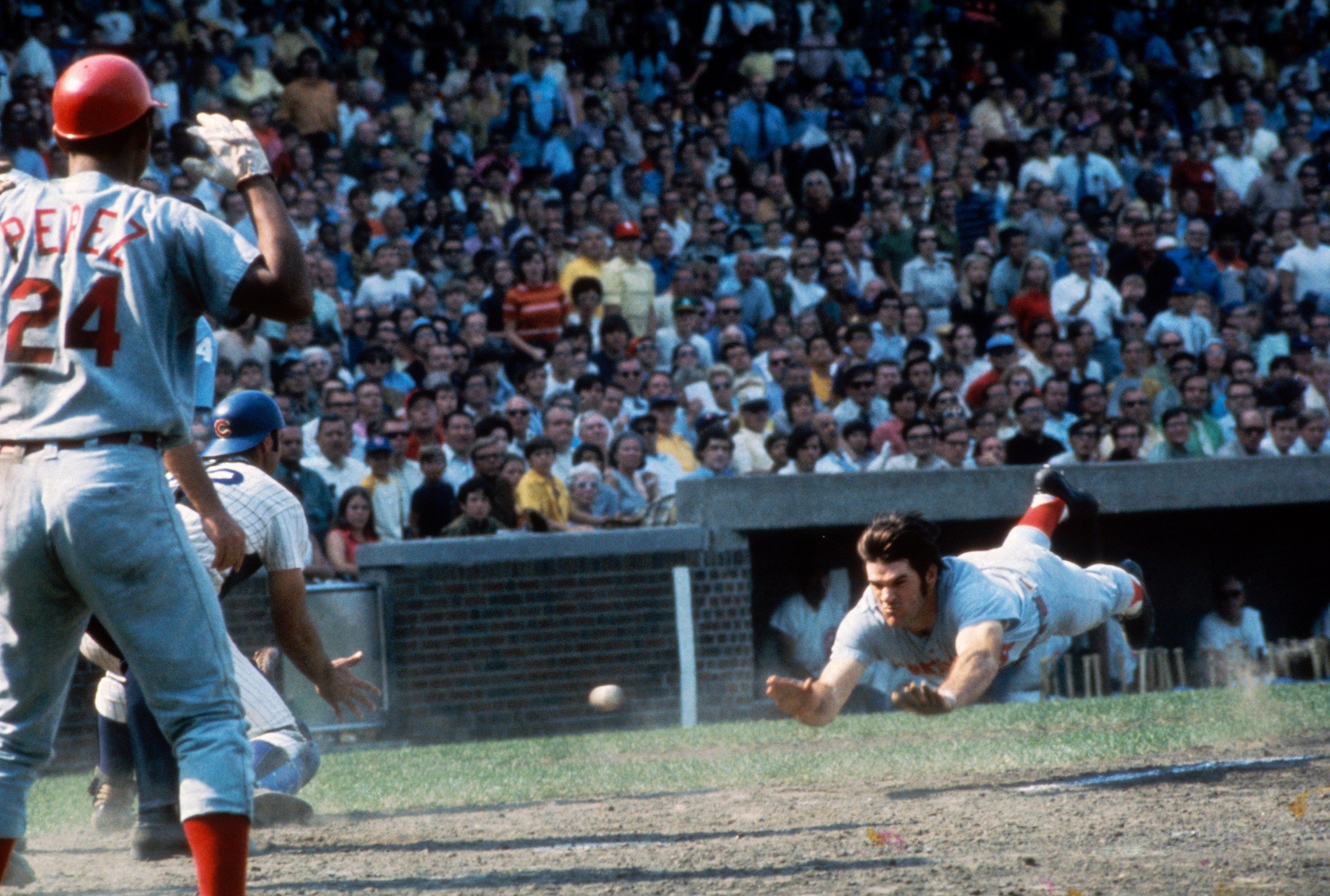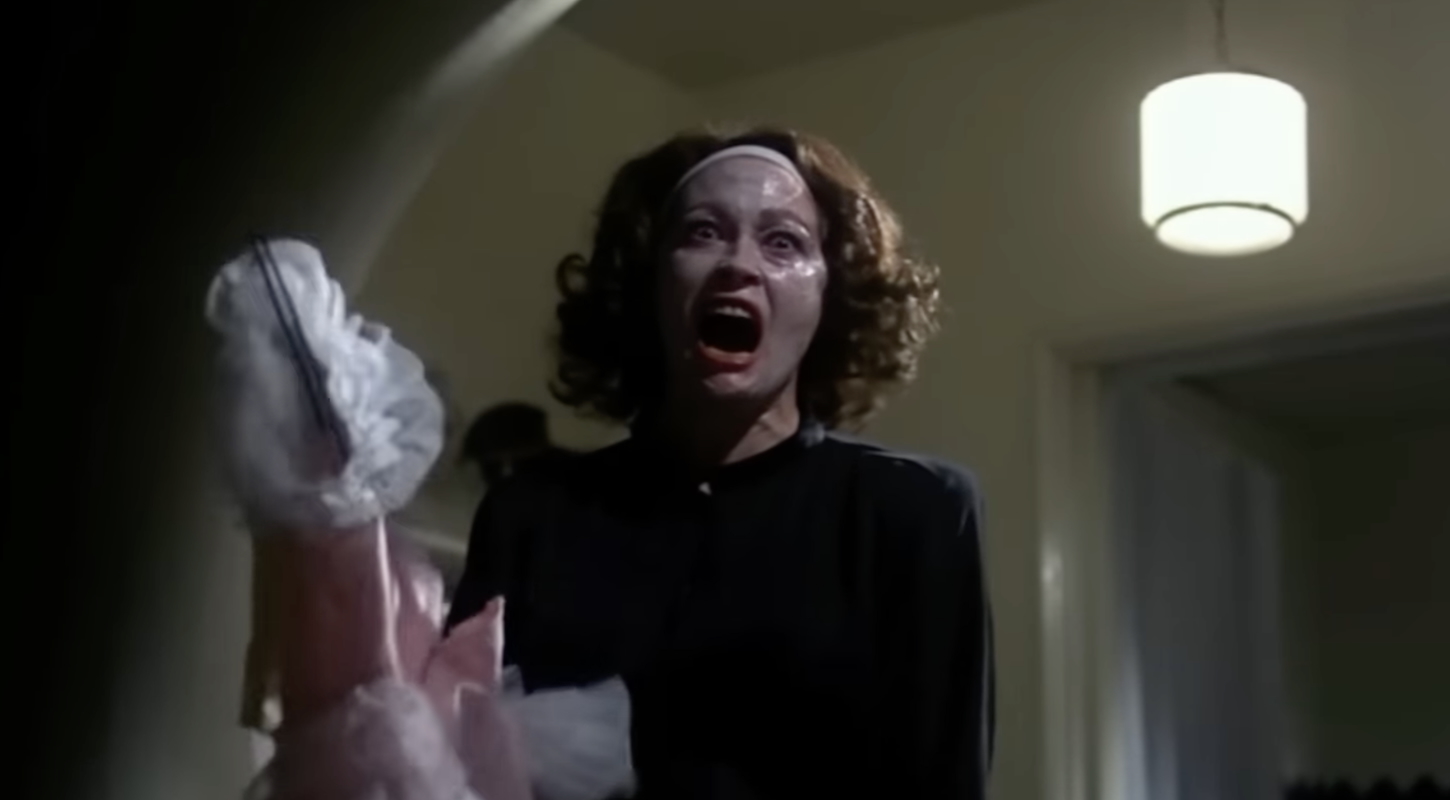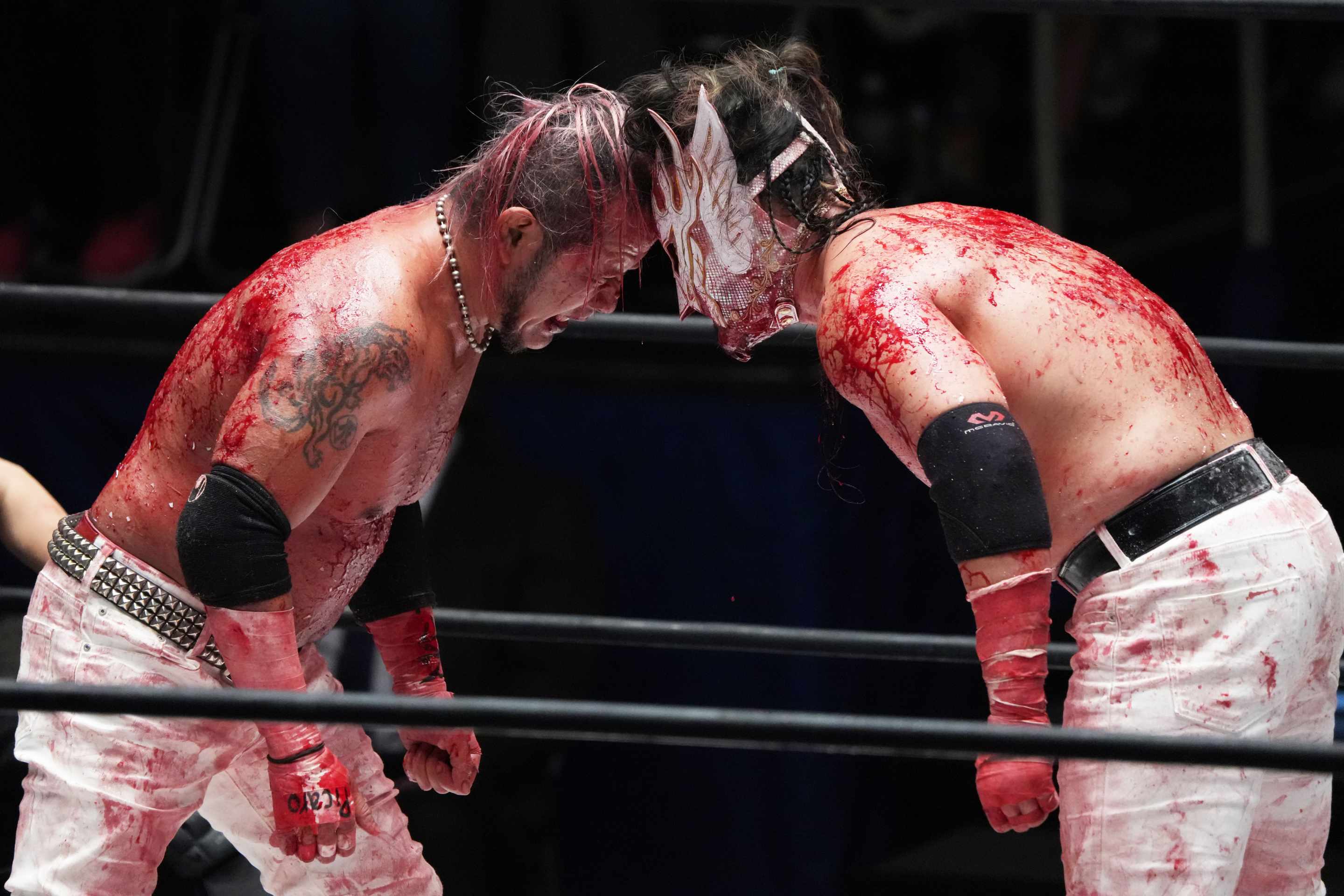After Pete Rose's death was announced on Monday night, a lot of clever microphone addicts opened their obligatory thumbnail summaries of him by explaining that he was "a complicated figure." It’s the sort of thing people say about people when they can’t believe that the person they're describing is really just what they appear to be. Nothing could have been more obviously wrong, in this case, including the concept of hitting on 17. The last thing in the world Pete Rose ever was, for all the things he was or purported to be, was complicated.
He wasn't complicated as a player, a manager, or in the end, as a self-parodic martyr. Rose had smaller measures of the skills that great ballplayers have but a greater capacity to employ them tirelessly, which is what his admirers always admired. He had one overarching gift, though, that covered by the play and the player—the determination and ability, through sheer persistence, to make you make a stand about him. His was the purest kind of narcissism, one so utterly naked that it never needed a second level. He knew that you were only interested in hearing him speak on the subject of him, and that became increasingly true as he grew from boyhood to late boyhood to middle-aged boyhood to octogenarian boyhood.
It was easier that way, because Rose already had the answer to every question anyone ever wanted to ask him. The questions all boiled down to this: "Are you getting all the things you think you should receive for being you?" His answer would inevitably be no. And then you were stuck making a decision about how much or how little you wanted to agree with him.
No life in baseball has been more examined than his, because Rose made you examine it. Everything he did was powered by pure brass, and he knew as only the greats do that there is nothing Americans respond to quite as much as raw self-centered fascination. Humility, for public people, mostly just means performing how humble you are, and Rose never even bothered with that. In a culture that loves nothing more than the concept of "me explaining the magnificence of me," Rose was almost uniquely qualified to satisfy. There was no "me" more "me" than Pete Rose. He didn't even mind if you bothered him for an interview and found him wanting in honesty and character. It mattered only that you came, and left with a story.
And now, he is dead, at 83, and in his own magnificently me-centric way, he leaves behind him one final ghoulish debate about the thing that drove him most: his induction into the Baseball Hall of Fame. For those who postulated that the powers of the game were just waiting for him to be unable to enjoy induction to extend the honor, the question everyone else long ago wearied of has been revived. Now that he's no longer living and able to leave a final I-told-you-so to all those who didn't see it his way—about whether his gambling disqualified him from the Hall, about the fine points of what he did or didn’t do—is it finally safe to put him in Cooperstown?
You'll notice we haven't listed any of his achievements as a ballplayer here, because they are the essence of every rhetorical stand he's ever made. Anyone who cares already knows them by heart. Those who believe the Hall of Fame is about the history of the game and only the history of the game long ago decided that Rose deserves his plaque. Those who want to imbue the concept of the Hall with more magic and dignity than that have decided otherwise. And the people who run baseball don't care about either, because Rose is guilty of a greater crime even than betting on his own games, and that crime is pissing off the powerful. In the end, they're the ones with the keys to the building.
Just saying no is and remains the easy solution, and the notion that the same league officials who banned Rose for gambling are now taking money from gambling consortiums to keep from having to create new fans does nothing to undo that. After all, the ones with the keys are also the ones who set the prices for admission—the hypocrites are the ones voting on the hypocrisy of others. Besides, how would it look if they immediately whisked him into the Hall without a proper period of fake mourning?
Rose, credit where it is due, always made it weird. He did this by confronting his tormentors face first. He was in multiple ways a deeply unappealing example of fighting against authority, because his only defense for all his distasteful peccadilloes was, "Yeah, but I'm Pete Rose." That's where the religion of "me" loses its steam, because the art of being "me" requires a gift for artifice and subterfuge that Rose thought was beneath him. But "I'm Pete Rose" was supposed to be his get-out-of-jail card, and while it surely got him off the hook for various bad acts during his playing days, it never quite worked when it should have and lost effectiveness with time. That's the most telling sign of a very uncomplicated man. There was no next move.
The truth is, Rose deserves to be in Cooperstown only if Barry Bonds, Roger Clemens, and the PED Posse all get in first. His was the one transgression that everyone knew wasn't allowed ahead of time. There's a sign in every clubhouse laying it out. Players simply cannot bet on the games in which they are directly involved, because that's what nearly killed baseball a hundred years ago. Rose always wanted to jump that line, too, because he thought that his vices were more noble than theirs, because he was Pete Rose and they weren't. He never quite realized that, despite its essential simplicity, this stopped being a sufficiently compelling argument decades ago. There was never a moment when he was signing something in some casino somewhere when the prospect even seemed to occur to him. Had he been as cynical as people credited him with being, he would have seen that baseball wasn't cashing in on his name, image, or likeness the way it could have, and that because of that he had no leverage to apply to his argument. But he didn't think like that, and just continued cashing in on it himself. He was always in the business of being Pete Rose.
So: Rose is to be admired as a player who took less talent and squeezed more results out of it than nearly anyone else. He is to be noted for never taking the knee even when taking the knee was not only proper but prudent. He is to be acknowledged for remaining himself to the end, as distasteful and tedious as that self could be. And he can even be credited with revealing the central truth about all honors and recognitions—that the achievement is always less revealing than the characters of those who paid for the trophies.
Whether or not he was essentially a good or bad man is the provenance of those more skilled in the art of judgment. We used to call that concept "God," though now we refer to them as "the guys on the morning drive-time show." We only know this for sure—none of this, not the man or what he did, was complicated. It's no wonder he was never considered a great bettor, either in baseball or in any other games of no-chance. He always played with his hand face up, and one other thing we know about Americans is that while the various versions of "me" always have their charms, there is never any pity for a mark.







